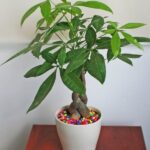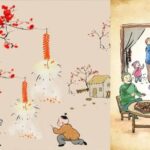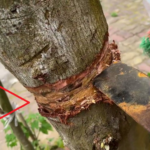In traditional culture, proverbs play an integral role as indispensable food for the soul. Although formed from folk experiences, these sayings encapsulate valuable life lessons and moral principles distilled by our ancestors, offering profound significance for generations to come.
One such notable proverb is, “A house with three empty spaces will leave descendants in perennial poverty.” Let’s delve into the profound meaning behind these words.
An empty kitchen spells financial hardship.
Our forebears often said, “Grain is a gift from Heaven,” emphasizing that an empty kitchen struggles to attract wealth. A kitchen devoid of ample food usually signifies scarcity and deprivation.
In Feng Shui, an empty, barren kitchen not only reflects a lack of sustenance but also bodes ill for the family’s financial fortunes.
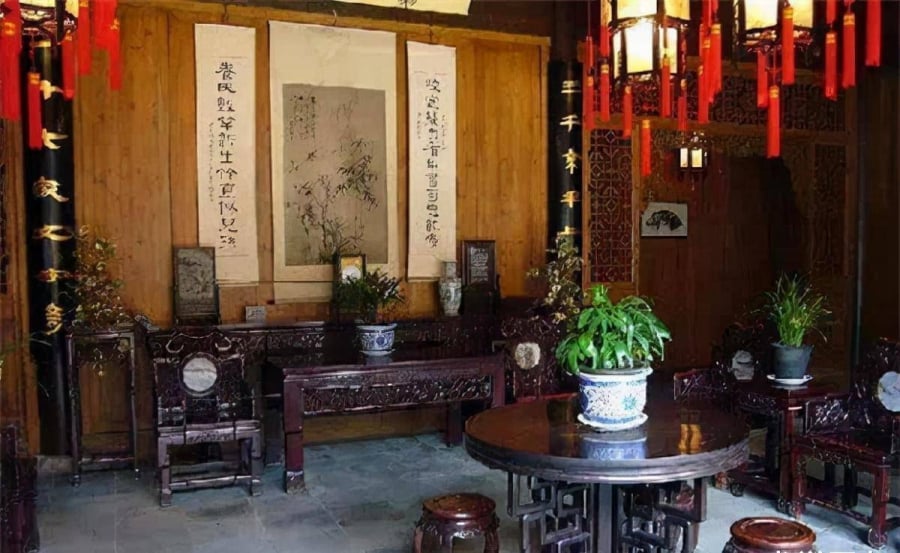
The ancient wisdom holds that a well-stocked kitchen invites prosperity and abundance.
True happiness in life isn’t solely dependent on material abundance, but ensuring basic needs like food and shelter are met is essential for laying the foundation for growth and success. A perpetually empty kitchen, fraught with concerns about the next meal, hardly fosters contentment.
The kitchen also mirrors a family’s happiness. A bustling, cozy kitchen, filled with the laughter and chatter of family members, signifies a joyful home. Conversely, an empty, sparse kitchen evokes a sense of loneliness and a lack of familial warmth.
A vacant living room hints at a family’s declining fortunes.
Beyond the kitchen, the living room holds significant weight in reflecting a family’s prosperity. Since ancient times, the living room has been esteemed for its role in exhibiting a home’s Feng Shui.
A sparse living room can impact the family’s luck and success. A bustling, well-populated living room indicates the homeowner’s extensive social network and likability. Those who attract many visitors tend to be accomplished, enjoying thriving careers and robust relationships.
Our ancestors imparted this wisdom: “If you want to go fast, go alone; if you want to go far, go together.” The support and companionship of others are invaluable. Those who earn the trust and affection of many tend to enjoy more favorable opportunities. Conversely, those with brusque manners and a stingy nature will find it challenging to cultivate a broad social circle.
The living room also showcases the homeowner’s aesthetic sense and style. A tastefully decorated, tidy, and clean living room speaks to the owner’s attention to detail and refinement, positively influencing the family’s future generations.
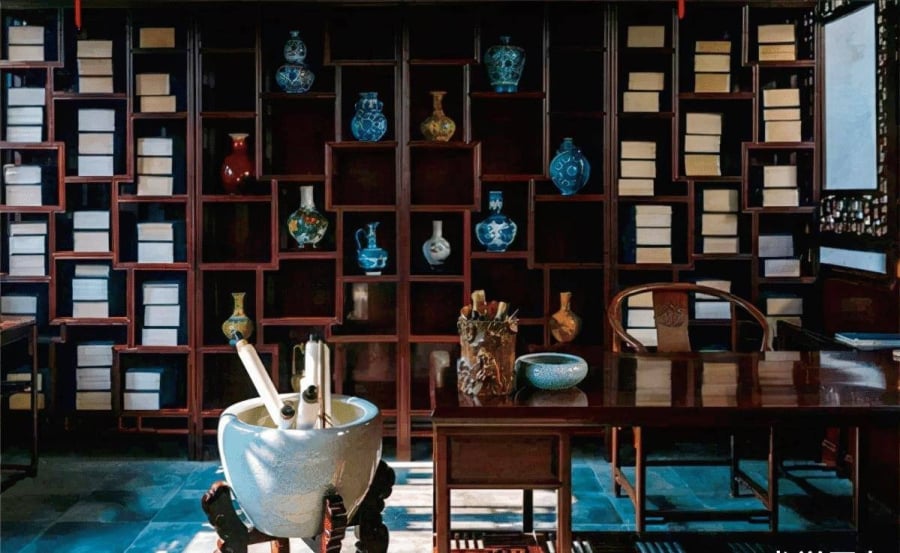
A well-appointed living room reflects the homeowner’s aesthetic sense and style.
While there’s no need to adorn the living room with gold and silver or expensive decorations, a neat, aesthetically pleasing, and whimsical space is considered good Feng Shui for the entire home.
An empty library foretells a family’s ephemeral legacy.
One often-overlooked yet crucial area is the library. Ensuring a better life for future generations involves more than a well-stocked kitchen and a tidy living room; a robust library is equally vital.
According to ancient wisdom, “A family that does not pass on knowledge will only retain its wealth for three generations.” The quantity and quality of books in a family library reflect, to some extent, the intellectual inheritance within the family.
Investing in education is one of the smartest and most effective strategies. A family that values learning and education fosters an environment conducive to their descendants’ success and the perpetuation of positive family values.
The distinction between individuals often stems from their knowledge reservoir. The knowledgeable exude confidence and possess the creative prowess to innovate and contribute significantly. While physical strength may wane with age, knowledge endures and can be passed down from generation to generation.
The sages of yore rarely bequeathed material wealth to their offspring, but they imparted wisdom and knowledge—the most precious inheritance future generations can receive.
“Don’t Chop Down the Tree of Life: A Flourishing Fortune for Future Generations”
When it comes to creating a harmonious and prosperous home, the ancient wisdom of feng shui offers a treasure trove of insights. One such adage advises, “Even in poverty, spare these three, for they will bring great fortune to future generations.” This intriguing proverb prompts the question: What are these three plants, and why are they believed to bestow luck and blessings upon the households that cherish them?
























